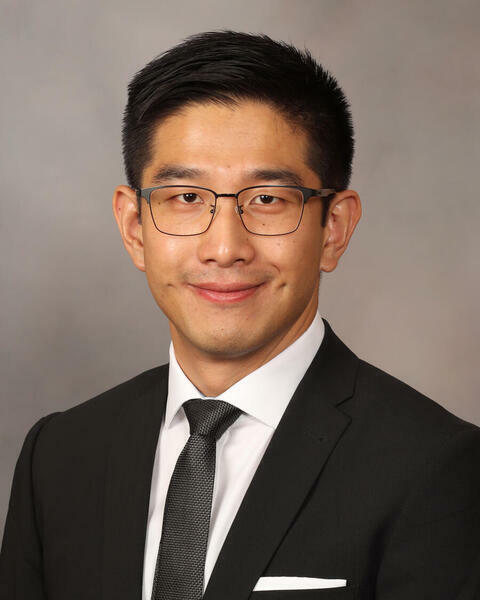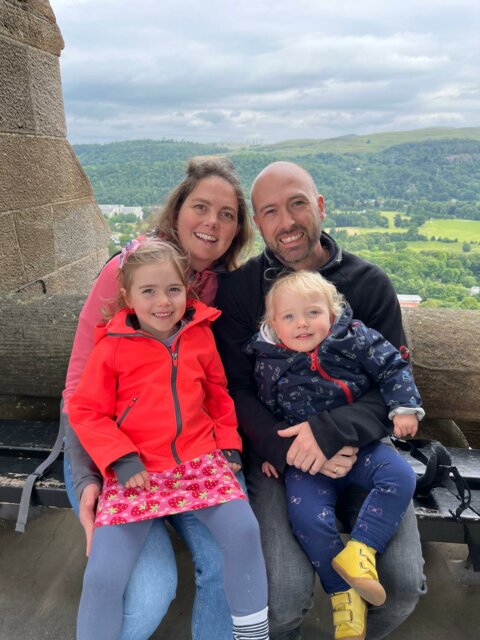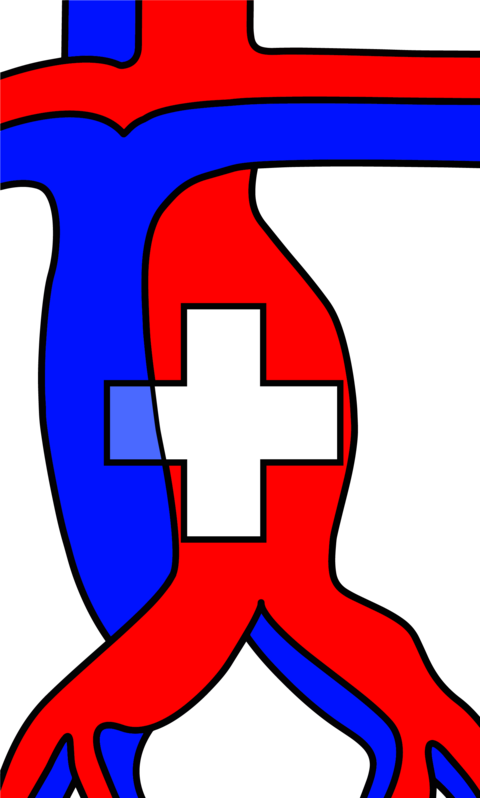Where did you complete your fellowship and duration?
I completed my research fellowship at the University Health Network (UHN) in Toronto, Canada (2023–2024), followed by a three-year abdominal transplant surgery fellowship at the Mayo Clinic in Rochester, USA (2024–2027), comprising one year of research and two years of clinical training. Both institutions are internationally recognized for excellence in healthcare, with the Mayo Clinic ranked No. 1 and UHN ranked No. 3 among the world’s best hospitals in 2024.
At what time in your career?
After completing my surgical residency and obtaining board certification in Surgery.
How was the fellowship funded?
The fellowship was financed through funding from the hosting institutions, supplemented by a generous stipend from the Janggen-Pöhn-Stiftung, to whom I am deeply grateful for their support.
How did you secure this fellowship?
I secured the fellowship at the University Health Network (UHN) through my own initiative by reaching out to international collaborators from a prior global study – an opportunity that arose thanks to the mentorship and international standing of Prof. Pierre-Alain Clavien.
For the abdominal transplant surgery fellowship at the Mayo Clinic, I underwent a highly competitive national matching process and was selected for one of only two available positions. This outcome reflected year-long, focused preparation, including top USMLE scores, dedicated research experience in North America, high-impact publications in transplant medicine, and the proactive development of a professional network across leading transplant centers.
What are you learning through this fellowship?
I have completed two years of research fellowship at UHN and Mayo Clinic and am now transitioning into a two-year clinical fellowship in abdominal transplant surgery. While I can only speak to the research experience thus far, it has been truly extraordinary.
I was given the freedom to explore a broad spectrum of research – from retrospective cohort studies to meta-analyses, consensus projects, translational research involving next-generation and single-cell RNA sequencing, ctDNA analysis, clinical trial design, and collaborations on high-risk, high-reward basic science projects. I also contributed to high-impact reviews in journals such as JCO and The Lancet. This work resulted in numerous publications and recognitions, including the Rising Star Award at AHPBA and the Young Investigator Award at ILTS. The best way to describe the research environment is: “the sky is the limit.” as Prof. Patrick Starlinger would say. The sheer volume of resources and intellectual freedom created boundless opportunities – but also demanded independence, resilience, and humility.
At first, it was challenging to shed the “surgeon entitlement” and start from scratch. I had to accept being a beginner in a new domain. But great things take time. Perseverance, patience, and a willingness to learn were essential – and I was never alone. I was fortunate to be surrounded by outstanding co-fellows (e.g. members of the TELL International group) and outstanding mentors such as Prof. Patrick Starlinger, Prof. Gonzalo Sapisochin, Prof. Julie Heimbach and Prof. Pierre-Alain Clavien. I am deeply grateful for their unwavering support and mentorship throughout my fellowship.
Most importantly, I built strong friendships and collaborations with peers across institutions, laying the foundation for a broad research network. Although this time came at the cost of clinical exposure, I wouldn’t change a thing. These two years provided the skills, mindset, and network to continue as a clinician-scientist – and that’s a lifelong asset.
What motivated you to pursue a fellowship?
My motivation was to pursue excellence in my profession by gaining broader international experience. North American centers offer high-volume, highly specialized environments with distinct clinical and research infrastructures. This setting provides unique opportunities for exposure to complex cases and multidisciplinary collaboration, contributing to both professional development and personal growth. I saw it as a way to complement the strong foundation I received in Switzerland with new perspectives and skills.
Future Plans?
My immediate objective is to complete my clinical fellowship and develop into an independent transplant surgeon with a strong research portfolio.
Would You Recommend It?
Absolutely – provided you have the drive, initiative, and courage to explore, take risks, and embrace new opportunities. Just as important is having a solid support system back home in Switzerland and a clear plan for your return, or as one of my mentors put it: “envision the end.” That said, we’re always looking for motivated individuals here at the Mayo Clinic.









